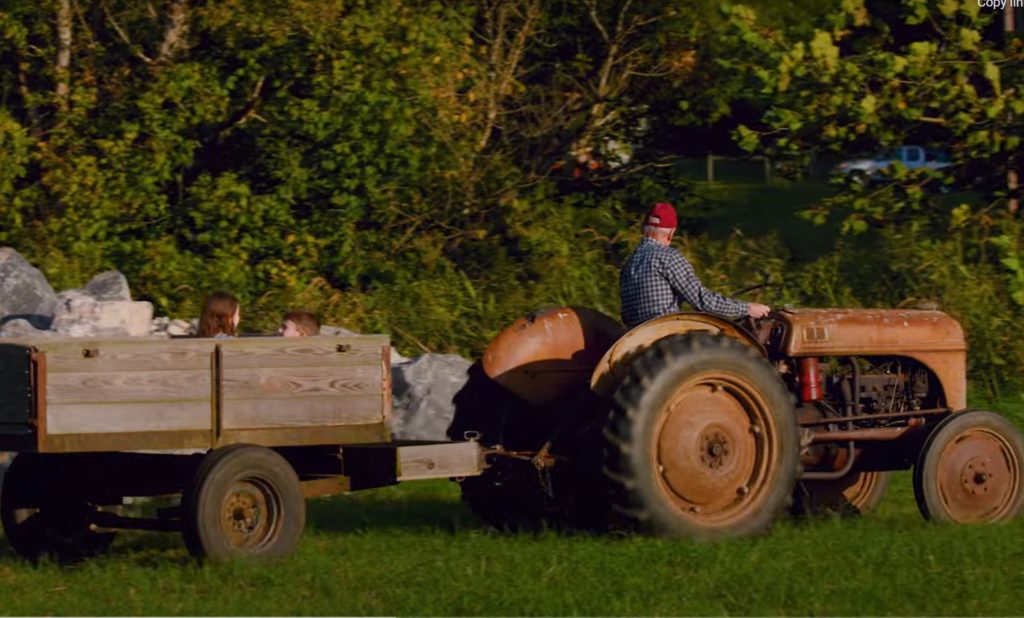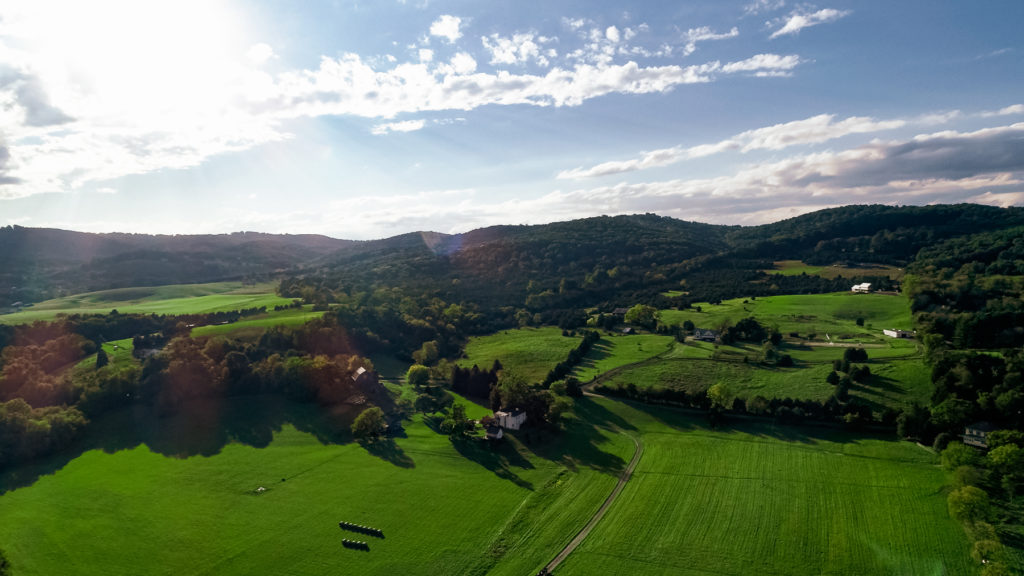
The New River Land Trust has been protecting parcels of land in the New River region of southwest Virginia for two decades. The primary mechanisms it has leaned on are conservation easements, which are restrictions put on how land can be used in perpetuity via voluntary contracts entered into by landowners. The land trust has succeeded in using the conservation model to preserve open space amidst rapidly expanding suburbs, to save old growth from being replaced by a new Virginia Tech athletic stadium, and to prevent development along the Brush Mountain corridor through which species facing climate disruption are migrating to higher elevations and more northern latitudes.
Kim Kirkbride, New River Land Trust’s assistant director, is proud of all that the land trust has accomplished. She considers easements, though imperfect, a profoundly useful way to prioritize the enduring needs of a society over the immediate needs or wants of a particular landowner in a particular moment in time. “The way that private property works in our system of inheritance is a very fragile system in terms of protecting land,” she said in a recent interview with Agrarian Trust’s Briana Olson. “The traditional sense of conservation . . . restrictions are very durable, but they don’t necessarily speak to the most detailed aspects of how the land is used or kept.”

New River Land Trust has become increasingly interested in thinking beyond saying what can’t be done on land and moving toward joining in a community effort to say what should be done on land. Enter, the newly formed Southwest Virginia Agrarian Commons.
“I think of the commons model as picking up where traditional conservation leaves off,” Kirkbride said. “A conservation easement tells you what you can’t do but it can’t, just by the nature of being a static legal document, tell you what should happen at any given time or what’s a great idea for this particular piece of land and its ecology.”
She went on to explain, “The commons model spells out how land will be stewarded and that the most willing and best stewards of a piece of land are often people that are farming on it. It’s taking two problems—the unaffordable cost of land for young farmers and this question of how do we not only protect our land but regenerate it—and fusing them together to become each others’ solution.”
A farmer herself, Kirkbride is on the board of the Southwest Virginia Agrarian Commons. While she can imagine herself potentially being a farmer lessee on the commons some day in the future, she is currently serving the board in her role as a conservation expert from the New River Land Trust. “In these starting out stages where we’re trying to find land and donors, I have my finger on that pulse because I work for a well established land trust that has the faith of our community in terms of what we’re able to do to protect land.”
Kirkbride sees the land protection mission of the New River Land Trust as intrinsically entwined with the type of community support for farmers envisioned by the Southwest Virginia Agrarian Commons and the Agrarian Commons more generally. For her, farmland is not protected if farmers don’t have thriving lives and businesses that allow them to continue regenerating the land over the long term.
“I can speak just personally as a young-ish farmer who is just getting started myself and trying to pay a mortgage and farm, it’s just kind of hopeless sometimes,” said Kirkbride.
She described the Agrarian Commons model of taking land out of the real estate market and putting it into the hands of a board committed to keeping it available for farmers: “By having a ninety-nine year lease, a farmer will be able to farm for his entire working life and, if at any point he decides he’s done with that, if he has children who want to take over the farm, it’s immediately available to them. But if they don’t want to be farmers, it goes back to the Agrarian Commons board. You’ve solidified that weak link. If the current generation isn’t interested in farming the land, that doesn’t mean it should be thrown away to residential development.”
“My hope is that we’ll create this network of people who can share their time and knowledge and whatever other resources with each other and just have a really strong ag community because we’ve taken away the major stresses of being able to afford the land.”
The Southwest Virginia Agrarian Commons is currently seeking land in the Roanoke Virginia area.


